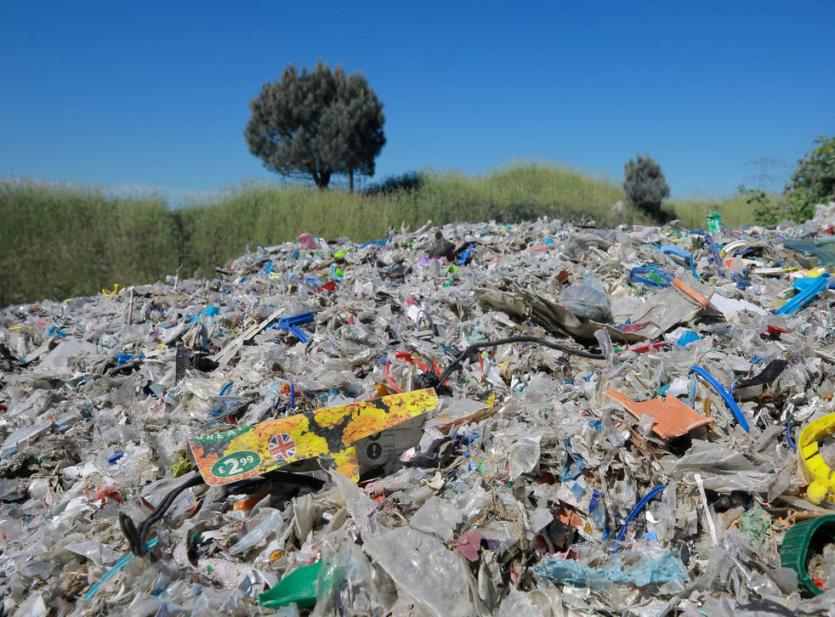Turkey Plastic. Photo:AP
By Patryk Krych | The World Daily | MAY 21st 2021
Following Greenpeace’s discovery of recyclable plastic mismanagement among plastic waste imported from the UK to Turkey, the country has decided to implement a ban which is set to be put in place on July 3 that will halt a majority of this plastic trade movement.
Greenpeace had recently gone to Turkey to perform an investigation into the country’s plastic waste trade, and how that waste was being managed. What the environmental group found was that the majority of plastics, particularly recyclables, were being either burned, dumped, or accidentally ending up too close to waterways that led to the oceans – leading to oceanic pollution.
The group had found plenty of UK and other EU brands among the many plastics that littered the beaches, dumping sites and even roadsides of Turkey’s in Adana province, according to the Greenpeace report published on Monday.
Unless it is destined for either recycling, or incineration at an energy conversion plant, the export of plastic waste from any country is highly illegal. And though Turkey is a part of the Organisation for Economic Co-operation and Development (OECD), it’s recycling rate is known to be at an incredibly low 12%, making it non-ideal as a destination of exported plastic waste.
A lawmaker from the main opposition Republican People’s Party (CHP), Murat Bakan, told Reuters that the ban was a welcome one, seeing as the Turkish government was not quite capable of supervising its own recycling – which is how you end up with situations such as these.
As of July 3, according to Turkey’s trade ministry, polyethylene plastic will be erased from the list of polymers that are allowed to be imported into the country, thus finalising a ban that had been a long time coming. Polyethylene plastics are among the most damaging types, and are typically used in general packaging and shopping bags.
“We are committed to banning the export of plastic waste to non-OECD countries and clamping down on illegal waste exports – including to countries such as Turkey – through tougher controls,” said a spokesperson for Defra, Britain’s environmental department, after having acknowledged the UK’s need to take care of its own waste rather than continuing to send it to countries less capable of recycling it.






